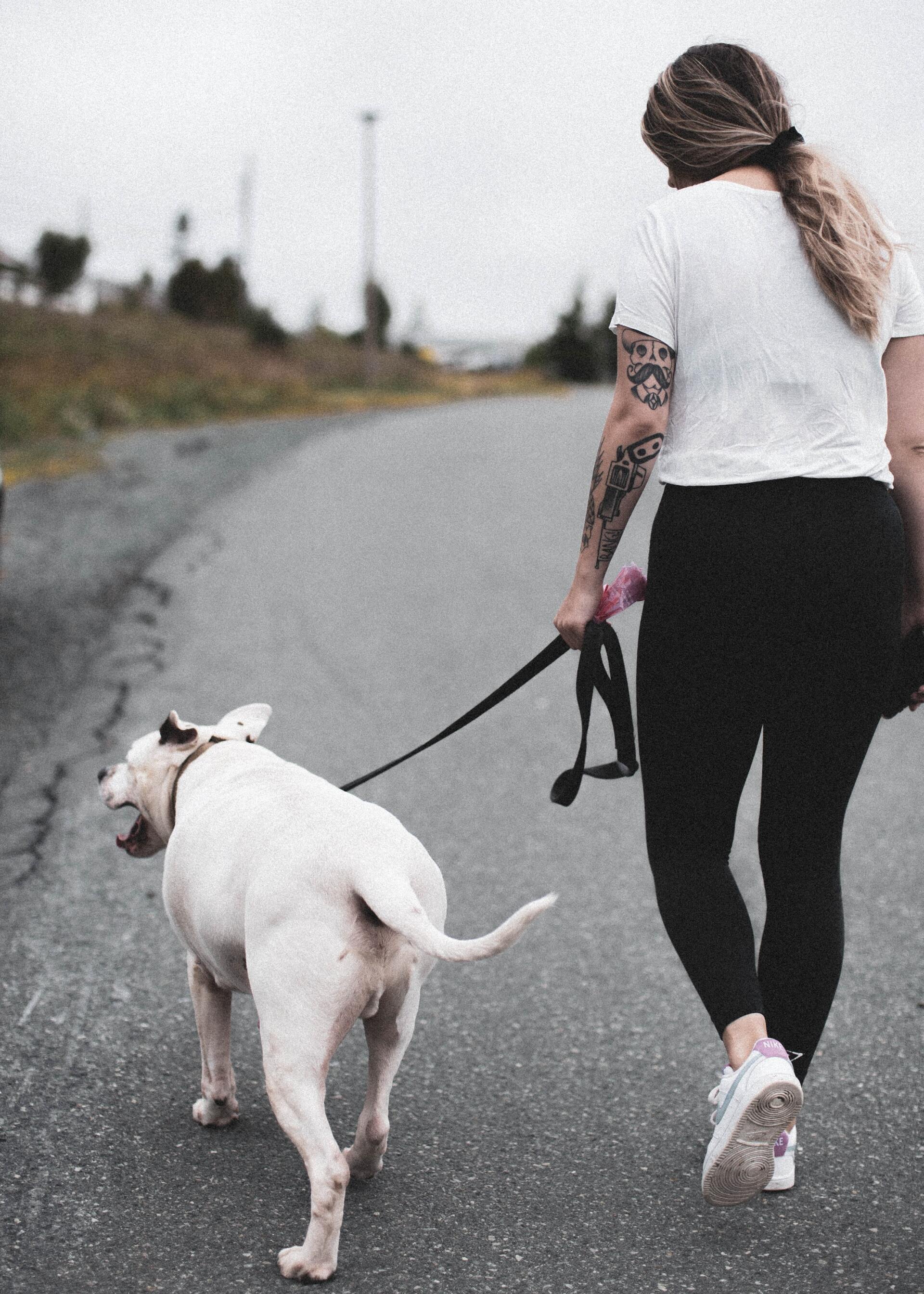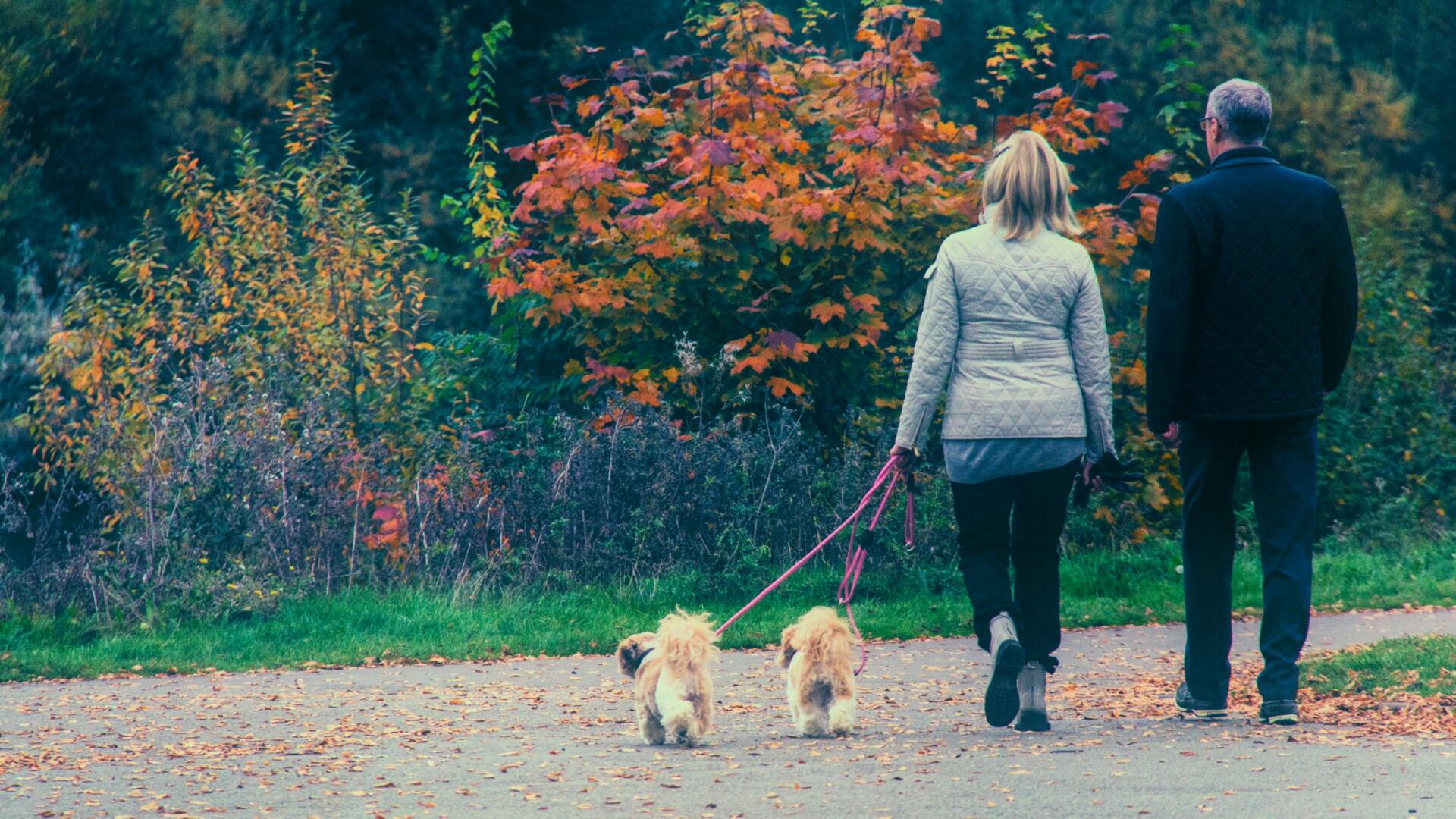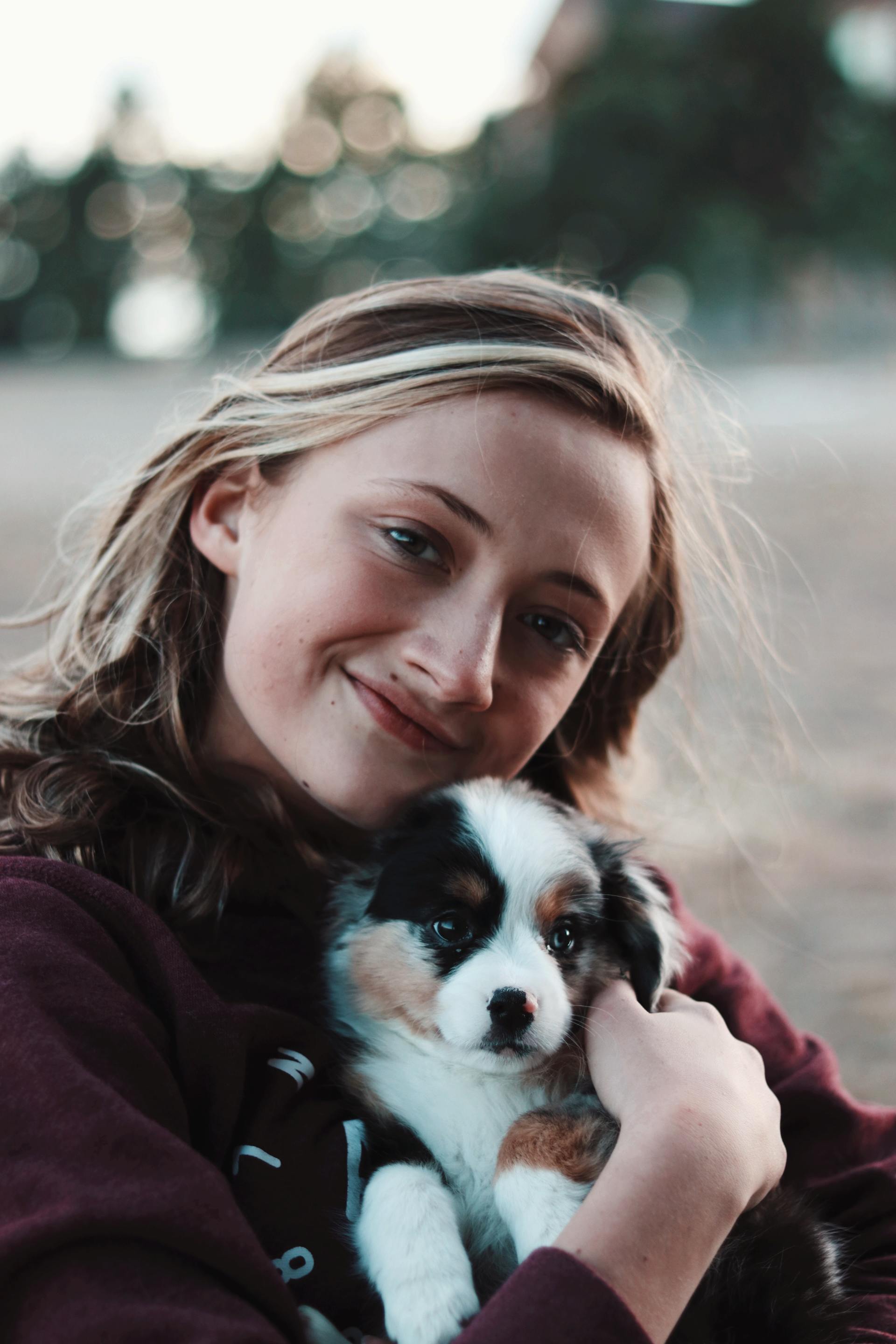Why Can't I Potty Train my Stubborn Puppy?
Why Can't I Potty Train my Stubborn Puppy?
If you've got a very stubborn puppy at home that can't be potty trained, don't be discouraged! House training can be difficult, so it's important to really get to know your puppy and their behavior, while establishing a routine of regular breaks and positive reinforcement for good behavior. Any change to your dog's routine during the house training process could affect how long it takes them to become housebroken. In this article, we'll focus on the key points that are vital to your puppy's success in their potty training journey.
Do you take your puppy out for regular potty breaks?
It is highly recommended that you take your puppy out for potty breaks at least every one to two hours. It even helps to set a timer to ensure that you are taking potty breaks at the right times. These frequent trips will only be necessary until both you and your dog establish a routine. Frequent potty breaks are important for house training for several reasons.
First, puppies naturally have smaller bladders than adult dogs and will need more frequent breaks until they reach adulthood. Second, your puppy, just like you, is getting to know the signs for when they have to go to the bathroom. Older dogs get to know when they have to go to the bathroom, but puppies are still learning. By providing frequent potty breaks, your puppy will have less accidents inside the house and more opportunities for them to go to the bathroom in the correct area and be rewarded for their good behavior. It's a win-win situation all around!
Have you chosen a comfortable spot outdoors for your puppy?
Pick a regular spot in your yard (or wherever your outdoor space is) to assign as your puppy’s toilet area. You want them to get used to the same spot so that they always know to use the correct place. Bring your puppy there every time you are on a potty break. Use a leash to ensure that you are able to bring them to the same spot every time. If you have a dog walker, make sure to be very specific or even show them where this spot is to ensure the training process is seamless.
Do you reward your puppy for good behavior?
After your dog has done their business, make sure to provide positive reinforcement and lots of praise. Small treats are great for this! We recommend having a small pouch or fanny pack with you with treats ready. Try to be desecreate with your pouch or fanny pack. You don't want your puppy to anticipate food or treats.
Also, don't wait for them to come back inside to give them their treats and praise. You want to make sure to reward them a few seconds after they do their business so they associate the positive feedback with their good behavior. Don't be shy with the praise here! Lots of praise will only reinforce the correct behavior and encourage your pup to repeat it regularly. Just make sure they are finished with their business before you start praising! Sometimes if you provide treats and praise before they are done, they will get excited, stop, and then finish what they started inside your house.
Do you watch your puppy between potty breaks?
The more time you spend with your puppy, the more you will be able to read and understand their behavior. It is important to pay close attention to your puppy during the potty training process so that you can learn what they do when they have to go to the bathroom. Sometimes their behavior will be a clear indicator that it is time for them to go outside. Some of the common signs include:
- Squatting or curving their lower body towards the ground
- Circling and pacing
- Standing by the door or near a surface where they have gone before
- Sniffing the ground
- Barking and whining
Each of these behaviors are instinctual and natural to your puppy when they need to do their business. If your puppy seems fidgety and distracted, chances are they have to go to the toilet. Every puppy is different, so we can't stress enough how important it is to spend lots of time with your pup to get to know their unique signals.
In addition to these signals, there are also certain times when your puppy may have to go, including after naps, mealtime, or when they have been alone for a long period of time. Lots of puppies are especially prone to peeing after or during playtime or when they are very excited. It may benefit you to watch your pooch closely during playtime or even get in the habit of encouraging them to go to the bathroom beforehand.
Keep an eye out for the signs mentioned above and take your dog out as soon as you see any signs. If you think your dog has to go outside, you are probably right. This is why it is very important to keep your dog with you at all times during the toilet training process.
Do you clean up accidents promptly?
Dogs use their noses to show them where to go potty, so when they smell residual urine odors, they think that is where they should go. I see people take a potty accident to the dog's outdoor spot and leave it there to show your pup that this is where they should be going. We highly advise against this tactic. It's completely unnecessary and can be gross if your puppy decides they want to play with the paper towel or rip it up. It can turn into a bigger mess than the original accident.
Before allowing the dog back in the room, always make sure to clean the floor promptly and thoroughly with a cleaning product or an odor-neutralizing spray for pet odors. Not all pet odor-neutralizing sprays are pet-friendly, so make sure to check your labels before purchasing. Anything with chlorine or hazardous propellants is bad for your puppy.
Make sure to also avoid any cleaners with ammonia as its scent can mimic the scent of urine. Cleaning thoroughly and quickly with a natural, pet-friendly odor-neutralizing spray will not remove any association of the spot as a toilet area. For carpets and furniture, you could use an enzymatic cleaner to try to completely break down and eliminate the scent of urine and feces for your puppy, however not a single one of these products work. You can spend a lot of money on them and we have tried so many of these type of products and still have not found one product that works.
Do you crate train your puppy?
Crate training is one of the best things you can do for your new puppy when you are starting to potty train. It is a good idea to get your puppy's crate before you bring a puppy home. Consider crate training your new puppy. This is especially useful at night. A puppy's mother would have taught them not to soil their sleeping area. Using a crate encourages your puppy to hold on a little longer, but it is important to make sure they aren't caught short or left to be uncomfortable.
A good rule to follow for how long a puppy should be in a crate is this: an 8-week old puppy should not be left alone in a crate for longer than 2 hours, while a 12-week old puppy can be left for 3 hours. Essentially the puppy can be left for 1 hour for every month in age they have, up to 4 hours. Dog crates are not designed to be used for long periods of time, but can be helpful during the training process.
If a crate is used correctly, it should be a source of comfort and a place of relaxation for your puppy and not used for punishment. If your puppy continues to have accidents in the same areas, consider using baby gates to block them off to keep them away from that particular spot.
During the potty training process, confined space where the puppy spends its time is best. Instinctively a dog will not want to eliminate close to where they spend most of their time, so reducing the size of their living space should reduce the frequency of accidents. It's a good idea to limit the puppy's space to an area that does not have carpeting.
What are puppy pads and can I use them for house training?
When you have a new puppy, accidents can and will happen. Training pads can be a hazard to safety and we do not recommend them. Not only can they delay the training process, but if your puppy doesn't already find these pads fun to tear up and possibly swallow pieces of the pad they also run the risk of confusing your new puppy about where they should be doing their business. Young puppies are easily confused and the last thing you need is for them to think your kitchen is their toilet area.
Some companies have started making and shipping real grass pads right to your door. Grass is a natural attractant and odor neutralizer. These pads are great if your living situation doesn't allow quick and easy access to real grass such as if you live on the second floor of a duplex or in a high rise. Grass pads provide a more real, outdoor experience for your puppy to enjoy. If you must use training pads, using real grass pads will make it less confusing for your dog as they learn to eliminate outside.
Consistency is Key
Every dog is different, so what works for one puppy may not work for another. Some dogs are notorious for being stubborn when housebreaking. If you have trouble, you must be consistent with the dog’s sleeping, eating and potty break schedule. Just one slip-up can set you back to square one. Consistency is key when it comes to house training.
Puppies learn best with regular, repeated actions and rewards. Establish a routine in the early stages of training so that your pup understands where and when to do their business. The success and speed of your puppy's training is dependent on how closely you follow a routine. Depending on how fast your puppy learns, this can take weeks or up to a month.
A consistent routine with lots of praise, no matter how long it takes, is the best house training you can provide for your puppy, helping them to lead their healthiest and happiest life!



